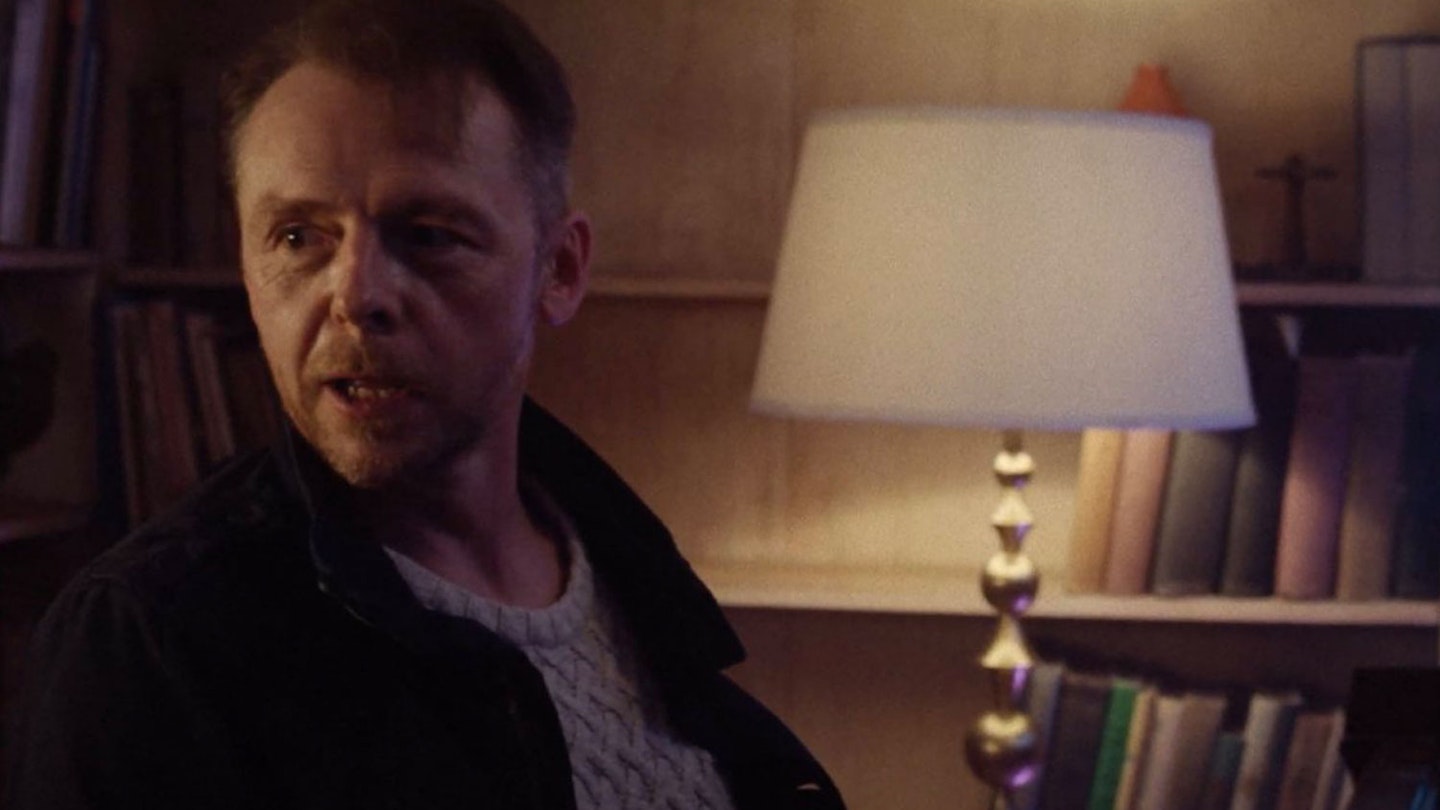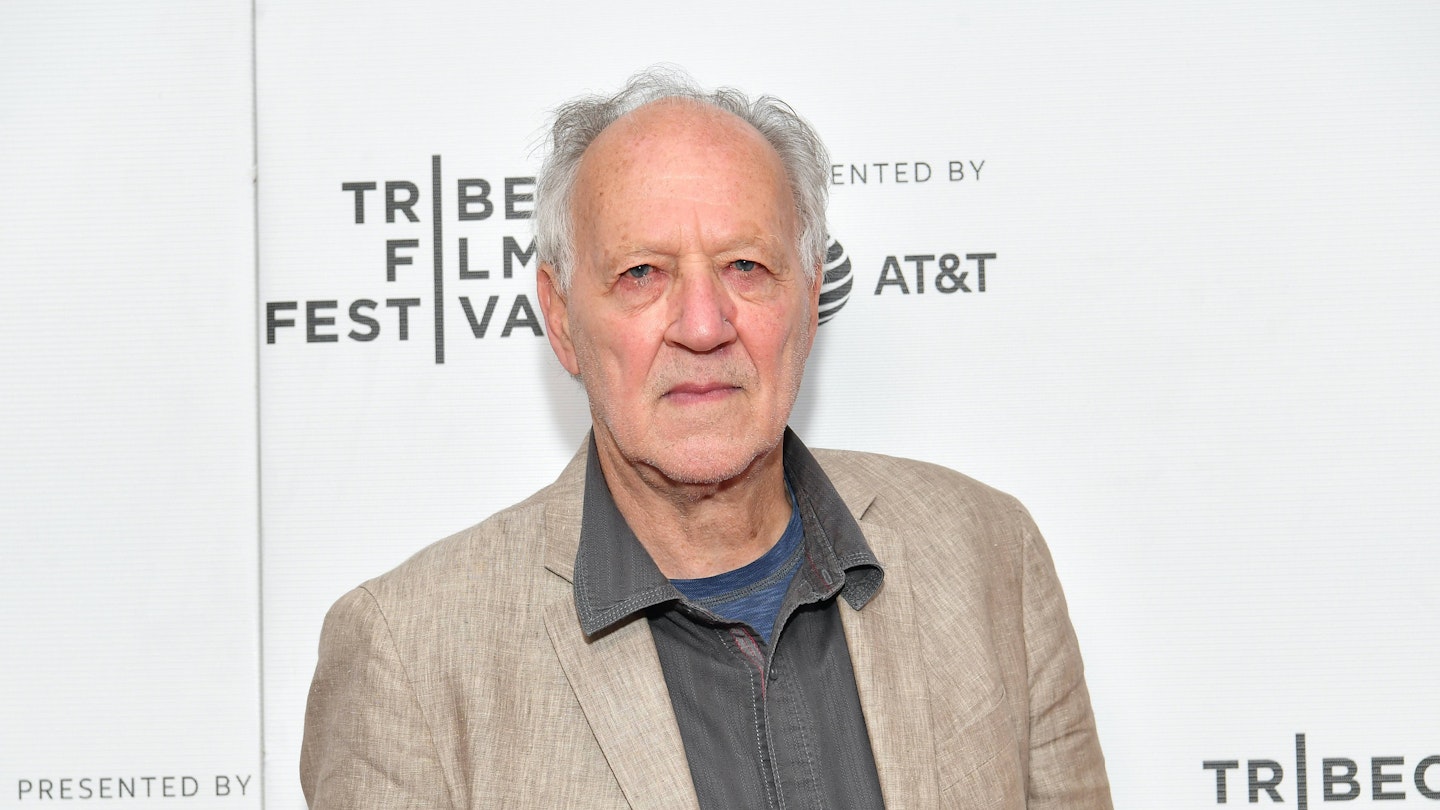Simon Pegg’s career away from the Cornetto Trilogy is a curious one. When not providing sterling support in huge franchises (Mission: Impossible, Star Trek, Star Wars), there’s been the comedies (Paul, Run Fatboy Run, Man Up), the oddities (A Fantastic Fear Of Everything, Hector And The Search For Happiness, Terminal), the voice work (The Chronicles Of Narnia, Ice Age) and the escapades with Steven Spielberg (The Adventures Of Tintin: The Secret Of The Unicorn, Ready Player One), but very little in the way of straight-up non-genre drama. Which makes Lost Transmissions, a small-scale character study that sensitively confronts hot-button issues around mental health, an interesting, if not completely successful, glimpse into a different kind of Pegg performance.

He plays record producer Theo, who we meet making up songs about the guests at a house party, then zeroing in on singer-songwriter Hannah (Juno Temple). After dueting on Daniel Johnston’s ‘True Love Will Find You In The End’ (a meta choice given the late Johnston’s own battles with mental illness), the pair hit it off and, in a charming scene, meet up to record some songs at Theo’s makeshift studio. As Hannah talks about anti-depressants, Theo suggests it’s a shame “to live with a filter”, yet what isn’t apparent is that Theo himself is suffering from bouts of schizophrenic delusion, the result of being in “one of the craziest bands of the ’90s”.
Pegg inhabits Theo’s insecurities but is never showy or playing for sympathy. The character poses numerous challenges, and he meets every one.
This later reveals itself in Theo hurling insults at a band he is producing, endangering a pregnant passenger whilst driving and finding meaning in bursts of static from his car radio (hence the title). Rather than running for the LA hills, Hannah sticks with Theo, and the bulk of the picture depicts the difficulty in dealing with a mentally ill friend who is as self-aware and lucid as he is unstable.
Pegg and Temple generate good chemistry, and to its credit the film never falls into easy romantic territory. Pegg inhabits Theo’s insecurities but is never showy or playing for sympathy. The character poses numerous challenges, be it weeping copious tears or violent outbursts of anger, and he meets every one. With less to play with, Temple still registers, getting meaty stuff of her own as a woman battling through both the red tape and Theo’s stout refusal to help himself in the fight to help her friend (a plot-line involving Hannah writing songs for Alexandra Daddario’s pop diva feels more formulaic).
It’s one of debutante feature director Katharine O’Brien’s strengths as a filmmaker that Lost Transmissions doesn’t sentimentalise mental illness or those caught in its cross hairs. But there is an inert quality to the storytelling, and a tang of self-indulgence in the filmmaking. Perhaps because it adopts an unsensationalised view of mental health, it doesn’t hit home emotionally as much as it should — the film doesn’t get under Theo’s skin and make you really feel for him. Still, there’s enough here to suggest that Pegg has the range, nuance and talent to do far more than transwarp-beaming or saving Tom Cruise via quick typing. What he does in this vein in the future will be fascinating.


